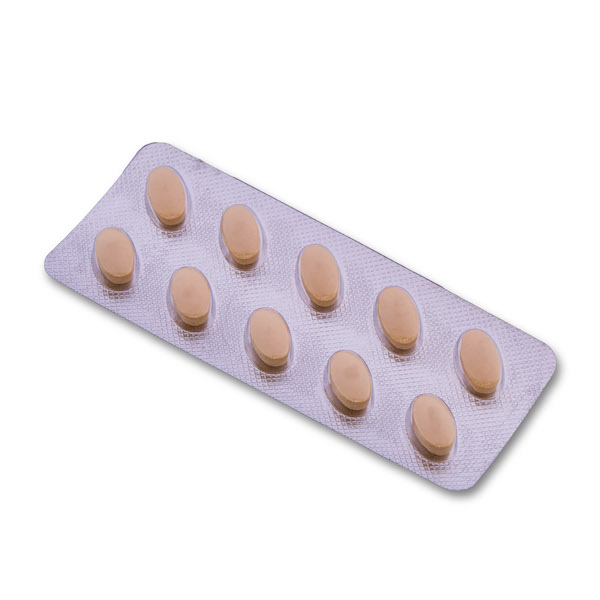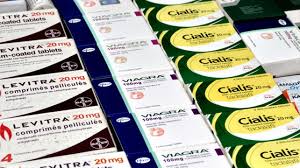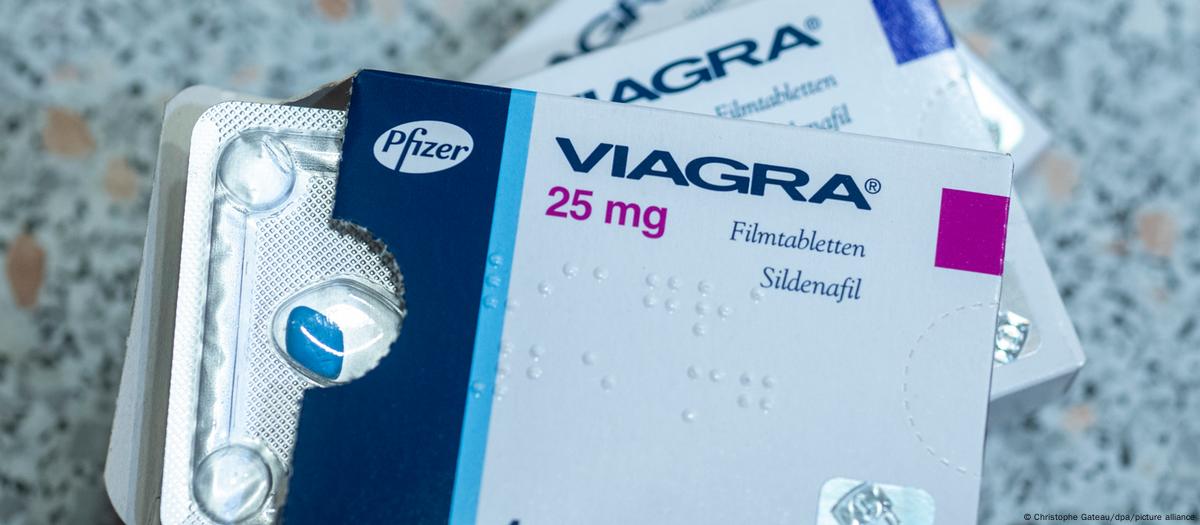
The Ultimate Guide to Tretinoin Gel
Tretinoin Gel is a topical retinoid widely recommended by dermatologists for various skin concerns, including acne, hyperpigmentation, and fine lines. Known for its effectiveness and proven results, Tretinoin is a derivative of Vitamin A that promotes skin cell turnover, improves skin texture, and encourages the growth of new, healthy skin. If you’re considering Tretinoin Gel for your skincare routine, you can purchase it online without a prescription at Tretinoin Gel https://velvaereapotek.com/kjop-tretinoin-gel-uten-resept/.
What is Tretinoin?
Tretinoin, commonly known by its brand names such as Retin-A, Avita, and others, is a topical retinoid used primarily for the treatment of acne. It acts by speeding up cell turnover, helping to unclog pores and prevent new acne from forming. In addition to its acne-fighting properties, Tretinoin is also renowned for its ability to reduce the appearance of fine lines, wrinkles, and age spots, making it a popular choice for anti-aging skincare.
How Does Tretinoin Work?
The mechanism of action of Tretinoin is quite interesting. When applied to the skin, the gel penetrates the outer layer and begins to affect the cells within the epidermis. Tretinoin works by promoting the production of new skin cells and accelerating the shedding of old, damaged cells. This process helps to reveal fresher, healthier skin underneath. Additionally, by unclogging pores, Tretinoin aids in preventing acne breakouts and reduces the formation of comedones (blackheads and whiteheads).

Benefits of Tretinoin Gel
- Acne Treatment: Tretinoin is highly effective in treating acne by preventing clogged pores and reducing inflammation.
- Anti-Aging: By promoting collagen production, Tretinoin helps minimize fine lines and wrinkles, restoring youthful skin.
- Hyperpigmentation: It can effectively fade dark spots and even out skin tone, improving overall complexion.
- Texture Improvement: Regular use leads to smoother, softer skin as it diminishes rough patches and uneven texture.
Using Tretinoin Gel: Guidelines and Tips
Although Tretinoin Gel can deliver remarkable results, it is essential to use it properly to minimize the risk of side effects. Here are some tips for incorporating Tretinoin into your skincare routine effectively:
- Start Slow: If you’re new to Tretinoin, begin with a lower concentration and apply it every other night to allow your skin to adjust.
- Cleanse Before Use: Always wash your face with a gentle cleanser before applying Tretinoin to ensure your skin is clean.
- Use a Pea-Sized Amount: A little goes a long way. Apply a pea-sized amount for your entire face to avoid irritation.
- Moisturize: After the Tretinoin application, follow up with a moisturizer to help combat dryness and irritation.
- Sun Protection: Tretinoin increases sun sensitivity, so applying sunscreen daily is crucial when using this product.
Possible Side Effects
While Tretinoin Gel is generally safe, it can cause some side effects, especially during the initial stages of use. Common side effects include:

- Redness and irritation
- Dryness and peeling
- Burning or stinging sensation
Most side effects diminish over time as your skin adapts to Tretinoin. If severe irritation occurs, it’s advisable to consult a dermatologist for guidance.
Who Should Use Tretinoin Gel?
Tretinoin is suitable for various skin types, especially those suffering from acne and early signs of aging. However, it may not be suitable for everyone. Pregnant or breastfeeding individuals should avoid using Tretinoin due to potential risks. Anyone with sensitive skin or certain skin conditions should seek advice from a healthcare provider before starting treatment.
Conclusion
Tretinoin Gel is a powerful ally in the quest for clear, youthful skin. From treating stubborn acne to minimizing the appearance of wrinkles, its myriad benefits make it a staple in many skincare regimens. By following proper usage guidelines and being patient with the results, you can unlock the transformative effects of Tretinoin. Always consult with a dermatologist before beginning any new skincare treatment to ensure it’s right for you.
